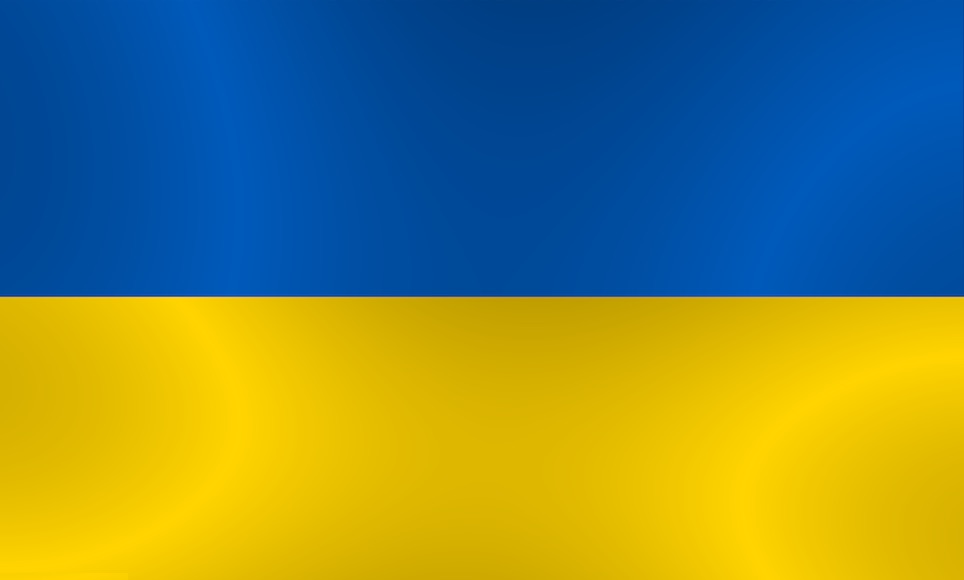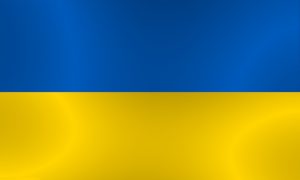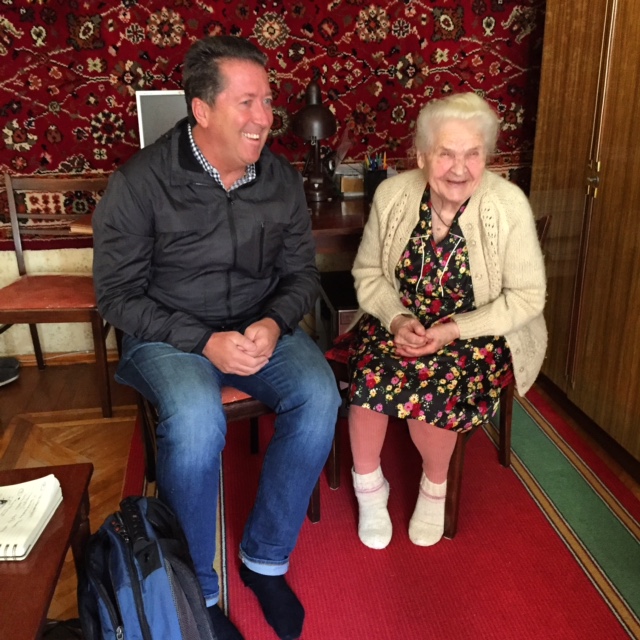“Winds in the east, mist blowing in, like something is brewing and about to begin.
Can’t put me finger on what lies in store, but I think what’s to happen all happened before.”
—Bert, Mary Poppins

It chokes me up to see news footage of ordinary Ukrainian citizens fighting the Russian army, street to street across Ukraine. It’s incredible how brave humans can be and inspiring to witness what they will risk for freedom. That’s the Seventh Power, and it dwells within us all…
In the fall of 2017, my wife Alison and I traveled to Kyiv, Ukraine. I was researching and writing about the tendency of those who hold the most power to “overreach,” go too far, and take too much. The moral of that chapter was that overreaching ultimately collapses back upon those who do it. Those with the most power often do themselves in.
To demonstrate the consequences of overreaching, I had chosen to write about the Ukrainian Holodomor, or “forced starvation.” A period from 1932-1933 during which Stalin and the Soviet Union (Russia) intentionally starved millions of Ukrainians to death in response to their collective thirst for independence and reluctance to fall in line with the Soviet master plan for the region. There were still a few survivors from that era, and I had arranged for the staff at the Holodomor Victims Memorial in Kyiv to help me meet and interview two of them (Hanna Soroka and Mykola Onyshchanko). Neither one is a stranger to the depths some will go to prevent others from being free. Here are a few excerpts…
“Death is the solution to all problems. No man – no problem.”
—Joseph Stalin
Hanna Soroka
“The odds that Hanna Soroka would survive the winter of 1932 in the Ukraine and live to see her eighth birthday were too small to calculate. Her parents were dead. Her younger brother and sister were also dead. In fact, in every house Hanna knew, people were dead.”
“But I survived,” Hanna said defiantly in Ukrainian, looking directly my way. “Stalin and the Bolsheviks tried to kill me, but I survived.”
“Hanna’s white hair contrasts with the flower-print black dress that falls below her knees. A small white cross hangs from her neck. The brightest light and the darkest capacities of the human experience are simultaneously illuminated in her remarkable life story.”
“I saw many, many people die,” Hannah continues. “Both my parents starved to death during the Holodomor. So did my younger brother and sister. Only my older sister and I survived. I remember holding my sister’s hand as we walked to the orphanage, because there was no one left alive in our house. I did not want to go to this new house, but they made us go. There was no food even at the orphanage. How can you have an orphanage without food? After that we ate only grass, flowers, and bark.”
Mykola Onyshchanko
“Mykola is alert and eager to share. At ninety-two years old, he is fit and strong for his age.”
“First I would like to tell you about my family and life before the Holodomor,” Mykola begins. “We lived on a large farm with lots of fields and horses. Life, before the Soviet Union came to Ukraine, was beautiful. We took care of ourselves, and everyone had plenty to eat. Then the communists came, and this had horrible consequences. The communists took everything. They took all the horses, all the food, everything. Suddenly it was no longer like being a person. Those who resisted in any way were dragged away and put in railcars and sent to Siberia. Those people were never seen again.”
“By the spring of 1933, it was very, very bad,” Mykola continues. “People all around me were dying and doing desperate things because they were so hungry. My mother told us about cannibalism; she would not let us go out in the yard that spring because she was afraid someone might try to eat us. Conditions like these can bring forth horrible acts that would otherwise be unthinkable.”
“It’s hard to explain real hunger,” Mykola says. “People lost all their energy and could barely move. I remember walking to school one day and seeing some shit on the ground. In that shit was a single kernel of corn. I remember pausing and considering how I might pull out that grain of corn. I was wondering how I would clean it. After all these years I still remember staring down at that single kernel of corn.”
 The people of Russia are amazing. The people of Ukraine are amazing. All people, of all nationalities, are amazing. Great people are everywhere. Planet earth is filled with them. It’s leadership that makes the difference. Leaders either honor and empower the individual human spirit or they denigrate it.
The people of Russia are amazing. The people of Ukraine are amazing. All people, of all nationalities, are amazing. Great people are everywhere. Planet earth is filled with them. It’s leadership that makes the difference. Leaders either honor and empower the individual human spirit or they denigrate it.
On this simple choice entire societies rise and fall.
In today’s crisis in Ukraine, a small group of political elites at the very top of the Russian government are mentoring leadership at its worst–invading, killing, and destroying to silence the authentic voices of others.
“Bad times between Russia and Ukraine, bad times,” Yuri (our Ukrainian driver) told Alison and I as we approached a large bridge spanning the Dnieper River in the fall of 2017. On the other side we could see the vast city of Kyiv, home to 3.5 million people.
“But it is not the Russian and Ukrainian people who have caused the problems. Bad times caused by one man, Putin. There is no war between the Ukrainian people and the Russian people. For long time Ukrainian people and Russian people have lived side by side like brothers.”
Yuri paused for a moment to navigate a lane change.
“Putin is not President of Russia–Putin is oligarch from Russia,” Yuri adds before falling silent.
So here we are again. Russia has invaded Ukraine. But this time it is not 1932…
It is 2022 and, whether President Putin acknowledges it or not, we are living in the age of shared leadership and distributed power. Citizens in Ukraine and Russia have cell phones that take and send photographs and videos globally in an instant. No matter how brazenly Mr. Putin’s propaganda machine lies, the truth is still seen, heard, and shared around the world thanks to the Seventh Power.
In the age of shared leadership and distributed power, every consumer can decide to defund the Russian invasion by not purchasing Russian products. Free countries can sanction Russian government activity while alternatively funding and supporting Ukrainians in their quest to remain free.
Putin may or may not take military control of Ukraine, but I am certain from my time there that he will not be able to control the hearts, minds, and spirit of the Ukrainian people.
It may take months, years, or in Hana and Mykola’s cases, generations, but Putin will not win. In the age of shared leadership and distributed power, overreaching has consequences…
“First, you must understand that everything that happened to my family when I was young (1932) was deliberately organized by Moscow.
Why? Because of only one reason: we were Ukrainian.”
—Hanna Soroka (2017)

_____
Thank you for considering my thoughts. In return I honor yours.
Every voice matters. Nestled between our differences lies our future.